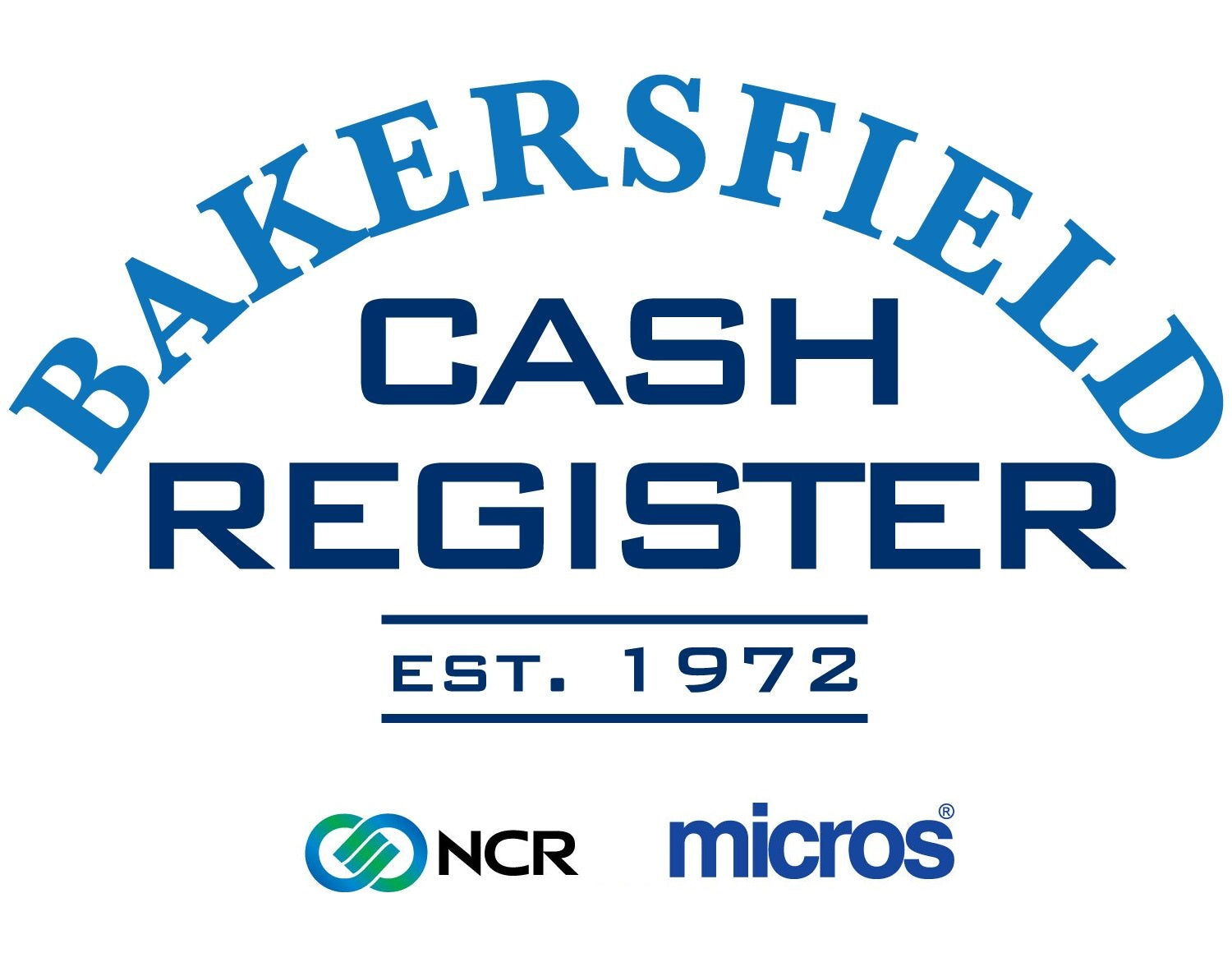In today's fast-paced business landscape, having an efficient and reliable point of sale (POS) system is crucial for success. In this article, we will delve into the concept of POS systems, how they work, and the benefits they offer to businesses. Whether you're a retail store, restaurant, or service-based business, understanding POS systems can help you streamline operations, improve customer service, and make informed business decisions.
-
What is a POS System? A POS system consists of two main components: the POS software and the POS hardware. The software is a digital technology platform that handles purchase transactions, records sales data, and provides business performance reports. On the other hand, the hardware includes physical components like cash registers, receipt printers, barcode scanners, card readers, customer display screens, kitchen printers, and more. Together, these elements create a comprehensive system that enhances your business operations.
-
How Does a POS System Work? The primary function of a POS system is to facilitate sales transactions. However, its capabilities extend far beyond that. The data generated from transactions can be utilized for inventory tracking, financial reporting, and customer management. Modern POS systems, such as those offered by NCR or MICROS, seamlessly integrate with accounting and marketing platforms, enabling data analysis and informed decision-making. With a POS system, you can efficiently manage your business and optimize various aspects of your operations.
-
Main Features of a POS System: a. Record of Transactions: Employees can use the POS system to scan or manually input items a customer is purchasing, calculate taxes, and generate a receipt upon payment. b. Inventory Tracking and Management: A good POS system allows you to create a product catalog or menu, track inventory levels, and automatically update quantities as items are sold. Some systems even offer low stock alerts and purchase order features. c. Third-Party Integration: POS systems that seamlessly integrate with other enterprise software, such as accounting, payroll, and email marketing, eliminate the need for manual data transfer. This streamlines processes and enhances efficiency. d. Reporting: POS systems generate a variety of reports that provide insights into business performance, sales trends, product analysis, customer behavior, and employee data. These reports assist in measuring progress and making data-driven decisions. e. Loyalty Programs and Customer Management: Many POS systems offer customer management tools, allowing businesses to record customer information, create profiles, and implement loyalty programs. These features facilitate targeted marketing and enhance customer relationships. f. Employee Management: A robust POS system provides access restriction capabilities, records employee sales, and may include features like time tracking and scheduling. These tools assist in managing staff efficiently.
We are convinced that investing in a reliable POS system with a reliable services and support company, such as Bakersfield Cash Register, is a smart decision for businesses seeking operational efficiency and growth. With its various features, including transaction recording, inventory management, third-party integration, reporting capabilities, customer management, and employee tracking, a POS system like NCR or MICROS empowers businesses to streamline operations, make informed decisions, and deliver exceptional customer experiences.



Leave a comment